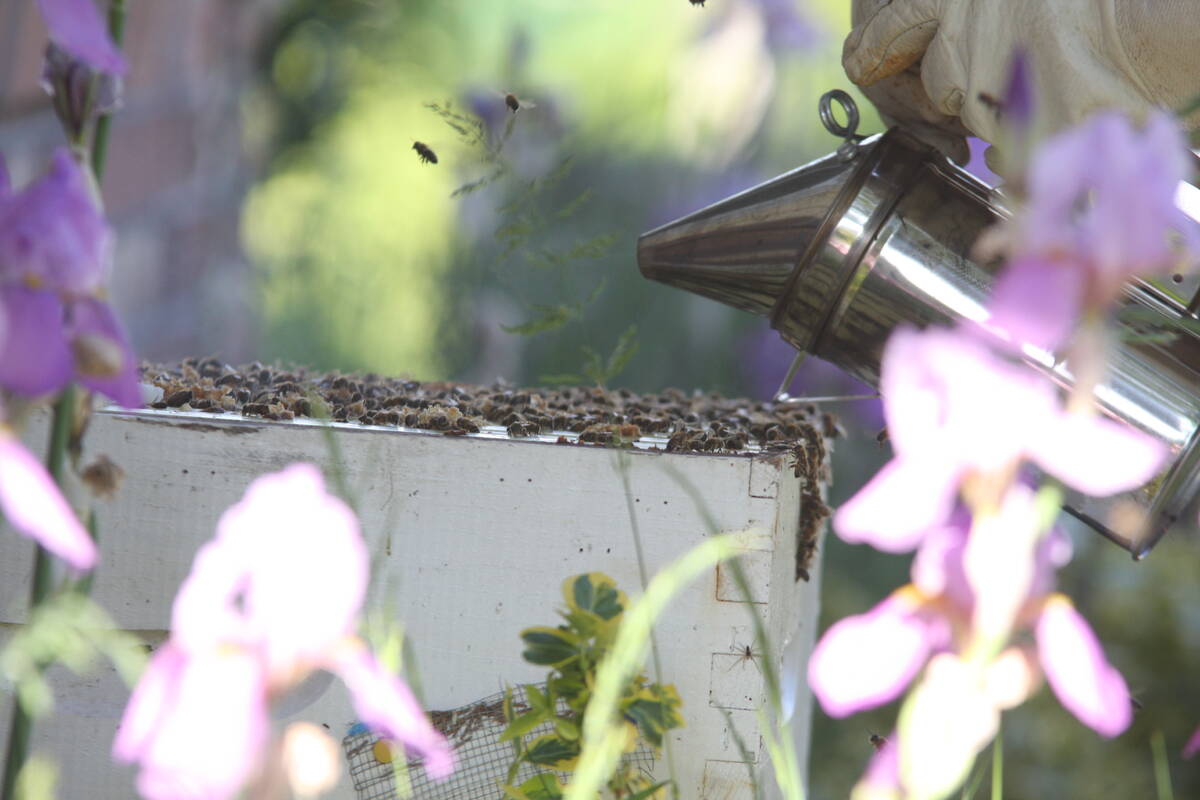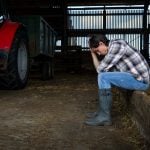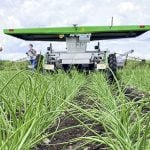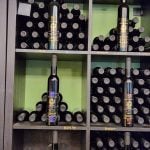Manitoba Ag Days | Ag industry officials welcome someone with farm experience and hope he will have an influence at the cabinet table
When Ron Kotyshyn walked to the podium last week at Ag Days in Brandon, several producers in the crowd commented, “he is a real farmer.”
They couldn’t have said that about either of his predecessors, Stan Struthers or Rosann Wowchuk.
Kotyshyn, a cattle farmer who used to run a herd of 250 cows near Ethel-bert, Man., now operates a smaller cow-calf operation and rents out his grain land to his brothers
“I have about 40 cows,” the rookie MLA from Swan River told reporters following his speech.
Read Also

Manitoba beekeepers battle for survival
Honeybee colony losses have hit 43 per cent, making 2025 the latest in a string of poor bee survival years for Manitoba’s honey producers
“Five of them need hip replacements, like I had three years ago. So, unfortunately, age has got the best of them.”
Manitoba hasn’t had an agriculture minister who was a farmer since the NDP took power in 1999, partly because the majority of New Democrat MLAs are from Winnipeg.
Kotyshyn said being a farmer does offer a few advantages.
“I have a sense of comfort that I can relate to beef producers, for example, on the BSE crisis.”
However, he also said it wasn’t a problem that Struthers and Wowchuk weren’t farmers because they were born on farms.
Doug Chorney, president of Keystone Agricultural Producers, sees it differently.
“Having the experience of a real farmer around the cabinet table is going to be a big benefit for future decisions and planning,” he said.
“I’m looking forward to seeing his influence on the policies of government.”
Manitoba farmers, especially hog producers, have frequently said the NDP government unfairly blames farmers for environmental issues in Manitoba, such as nutrient buildup in Lake Winnipeg.
The government passed the Save Lake Winnipeg Act last summer, which bans the construction or expansion of hog barns unless producers install expensive technology such as anaerobic digesters to treat hog manure.
Brandon mayor Shari Decter-Hirst echoed concerns of hog producers and industry representatives earlier this month when she said legislation could jeopardize hog supply for slaughter plants that employ nearly 3,000 people in Brandon and Neepawa.
Kotyshyn said Decter-Hirst’s comments are valid, but the government needs to represent the interests of all Manitobans.
“We definitely want to get the hog industry back into what it was, historically, but we have some environmental issues we need to address.”
He also disagreed that the government has lost the confidence of hog farmers, but added that it must work with producers to make environmental policy “appropriate for all people in the province of Manitoba.”















